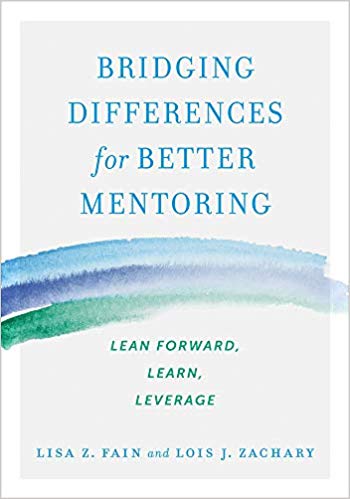
Mentoring at Work
Mentoring success depends on the degree to which mentoring partners roll up their sleeves and do the work. Yes, we said, “work.” Throughout your mentoring relationship, you and your mentoring partner need to be fully engaged in building and strengthening your relationship and focused on achieving your mentoring goals.
Mentoring Works Best When Mentees….
- Assume responsibility for their learning, growth, and development
- Set goals
- Hold themselves accountable for agreements
- Monitor their progress regularly
- Maintain receptivity to new, creative, and alternative strategies and ideas
- Are honest, open and willing to be vulnerable
- Communicate regularly
- Are prepared for and open to feedback
Mentoring Works Best When Mentors….
- Commit the time
- Build their relationship up front
- Ask questions rather than to try and solve a mentee’s problems
- Push and challenge their mentee
- Share experiences and challenges
- Offer options rather than answers
- Provide honest, ongoing, and candid feedback with care and compassion
- Maintain regular contact
Now Available!
MORE FROM OUR BLOG
Coming to Closure
The final phase of the mentoring cycle, coming to closure, offers a wonderful opportunity to reflect on learning, raise the bar on future performance and celebrate success. Mentoring partnerships that complete their learning goals and those that do not, both benefit...
Mentoring at Work
No matter how well you articulate mentoring goals, define the process and celebrate milestones, finding the path- the rhythm- of a mentoring relationship takes time. This is why enabling, the third phase, takes the longest to complete. Mentoring unfolds in many...
Establishing Agreements
People often underestimate the importance of the the second phase of the mentoring cycle, negotiating. Mentoring partners who have known each other a while or share a power/status differential in the relationship are most apt to skip this phase. Often, as a result,...



